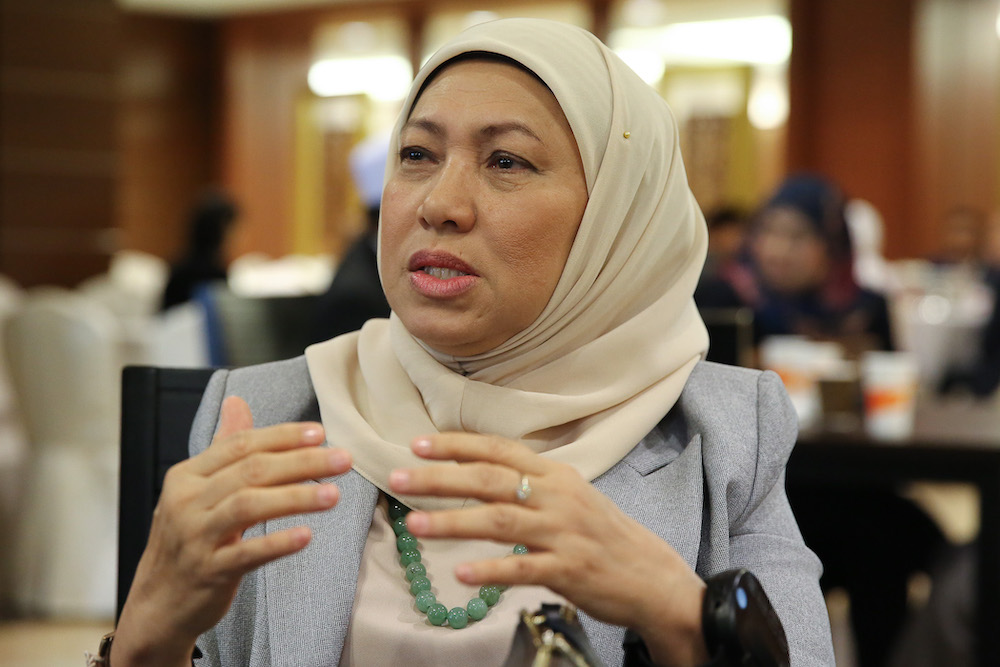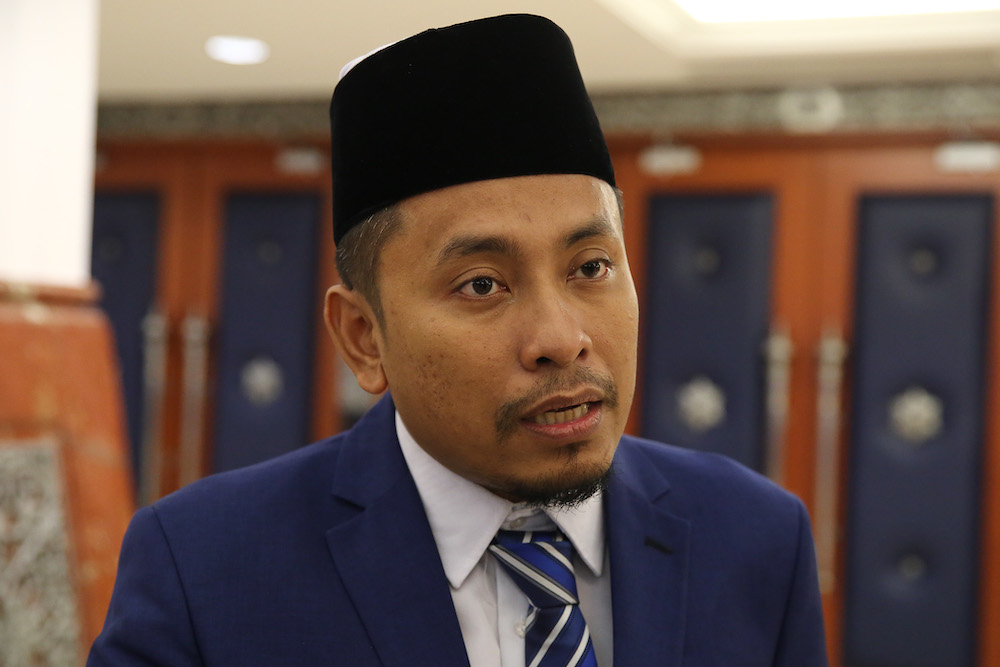KUALA LUMPUR, Oct 9 — Opposition MPs say that Pakatan Harapan’s (PH) plans to address poverty in the country and make Malaysia a high-income nation via its Shared Prosperity Vision 2030 (SPV2030) is a move in the right direction.
Some have even gone so far as to describe SPV2030 as a “beautiful” plan they would like to see succeed.
But these same Opposition MPs also want details on how SPV2030 will be implemented, fearing that it may be difficult to execute.
None of them, however, offered a viable alternative or explained in detail a framework that would be able to match SPV2030’s aims.
Gabungan Parti Sarawak lawmaker and Batang Sadong MP Datuk Seri Nancy Shukri acknowledged that incompatibility in terms of policies and implementation failure by the previous administration eventually left Vision 2020 a distant dream.
Stating that she neither supports nor objects to SPV2030, Nancy said a country must always have a vision to work towards.
“The policy is beautiful but when it comes to implementation, I think there was no coordination in terms of implementing said policies.
“To me, we have to view SPV holistically. I’ve been there, everybody has been there and experienced what the economy is like and how the government has attempted to address poverty,” she told Malay Mail.

She said Tun Dr Mahathir Mohamad himself had acknowledged the e-Kasih programme that was introduced during the previous Barisan Nasional (BN) administration as an effective mechanism to address poverty.
e-Kasih is a database of poor families established at the national level to help plan, implement and monitor programmes to assist the poor.
Nancy also cautioned that history may repeat itself if the PH government fails to exercise caution in the implementation of SPV2030 by failing to coordinate properly those involved.
“If you’re not careful, you are going to repeat Vision 2020. So do not blame anybody then.
“I’d really like to see SPV succeed. I hope this will be a vision that successfully addresses poverty,” she said optimistically.
PAS Youth deputy chief Ahmad Fadhli Shaari said while he was in support of SPV, he had his doubts about the projections, claiming they were “too good to be true.”
“If it can be executed, then it is good. However, looking at the economic stagnation, it seems difficult to achieve.
“I have read what is included in SPV and the track towards achieving it looks good,” he told Malay Mail.

Ahmad Fadhli, who is also Pasir Mas MP, added that the projections made by the prime minister should be revised and that input from his predecessor Datuk Seri Najib Razak should be considered.
He then suggested a dialogue between Najib and those who contributed to the drafting of SPV2030 to better implement the federal government’s vision.
On Saturday, Dr Mahathir launched SPV2030, a roadmap aimed at restoring the country’s economy and to provide a decent living standard by 2030 to all Malaysians regardless of ethnicity, social class and location within the country.
Tanjong Karang MP and BN lawmaker Tan Sri Noh Omar also echoed his Opposition peers, pointing out a policy would just remain a policy if its implementation is not properly executed.
The former minister claimed needy groups have yet to receive aid from the government despite being qualified under Budget 2019.
“When Barisan Nasional was in power, these groups of people benefited from our policies. For example, the urban poor.
“We gave them homes such as those from the People’s Housing Project and Syarikat Perumahan Negara Bhd, but now some do not even have homes,” Noh said, before questioning the government’s need for SPV2030 when it could not even fulfil its election manifesto.
SPV2030 is specifically designed to uplift poor Malaysians, targeting 70 per cent of Bumiputera including those in Sabah and Sarawak.
It is also expected to move Malaysia’s workforce from a labour-intensive one to a high-skilled, high-income earning model.



















